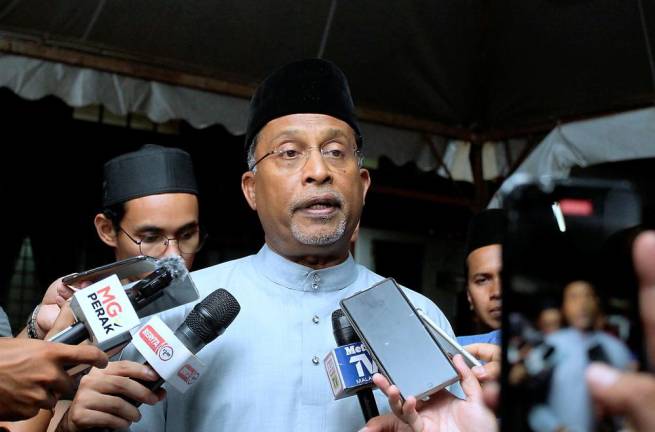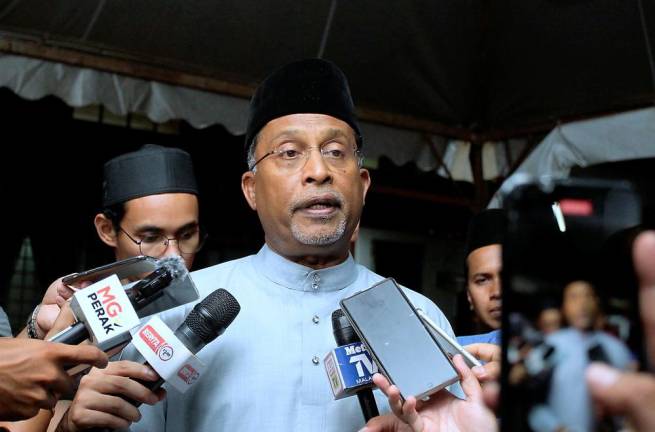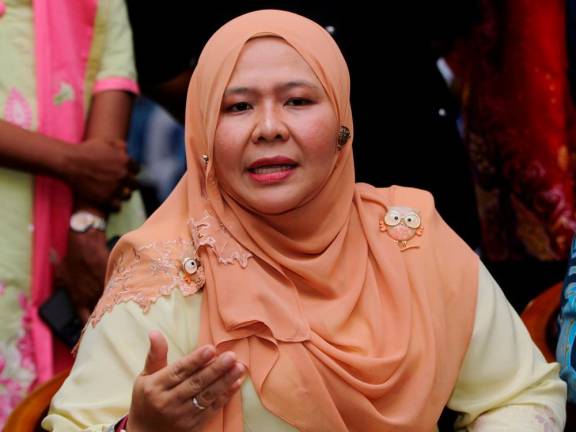BY and large, Malaysians are ill-prepared for retirement. Save for prudent and investment-savvy individuals, the majority don’t have enough to see themselves through their golden years independently.
The extended-family structure is still very much our culture but we are beginning to see the waning of this tradition.
Unlike our forebears, this is no longer a guarantee. The days of the elderly continuing to live with their offspring may come to an end within the next few generations.
There are only 7.6 million active Employees Provident Fund (EPF) members in the Bottom 40 (B40) group.
Data mined by EMIR Research shows that more than half of workers aged 54 have savings balances under RM150,000.
According to EPF, 70% of its members who withdraw their funds at the age of 55 use up their savings in less than 10 years.
Its CEO, Tunku Alizakri Alias, said 71.4% of self-employed members have less than one month’s worth of savings in their accounts, while 82.7% of private sector employees have saved only enough to support themselves for less than two months.
Looking at these stark figures, we can see how grim the future is for most retirees.
To start with, most of them do not earn enough to save for the future. A vast majority of those in the B40 and the lower end of the M40 are living hand to mouth.
Many accumulate debts that they settle with their EPF withdrawals on reaching 55. This depletes their nest egg substantially.
While business sustainability is a must, companies need to put a progressive income growth plan in place to sustain and nourish its human capital.
Beyond this, the role of the government comes into play significantly.
We may not be a cradle-to-grave egalitarian society, but true leadership in any kind of government requires benevolent acts in caring for the people.
It is obvious that Malaysians need more prescriptive help in putting aside enough for the future, meaning more enforced or refined saving measures are needed.
EMIR Research’s suggestions of extra safety nets are spot on. Its call for the formulation of a National Social Protection Policy (NSPP) as an umbrella policy framework in line with the guiding principles of Shared Prosperity Vision 2030 (SPV2030) should be looked into.
And as rightly pointed out, financial education is needed to create awareness about EPF’s i-Saraan pension scheme among informal workers.
Failure to act now may result in the nation being saddled in future with an aging population that is unable to have a modicum of a decent life.
Read the story on our iPaper: Prescriptive help needed to ensure sufficient retirement savings









